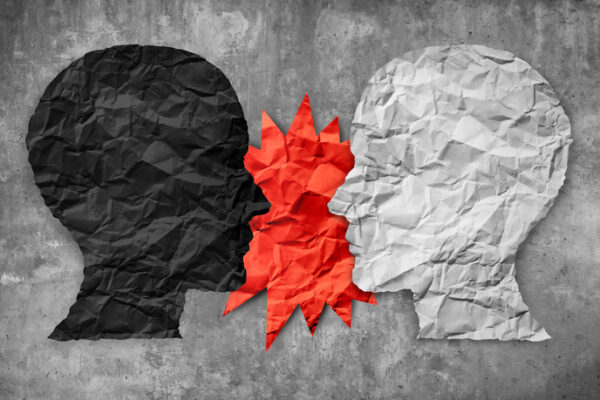“Tribalism” is nowadays often invoked pejoratively in the United States.
In 2018, Yale University law professor Amy Chua claimed that “tribalism” had elected Donald Trump president. Thomas Friedman of The New York Times, that trusty weather-vane of metropolitan opinion, compared Democrats and Republicans with the Shias and Sunnis of Iraq: all four were “big tribes.” Describing belief and action as “tribal” has become a respectable way of saying it is irrational.
But this is a mistake, and worse than a mistake. It’s an evasion. Rather than denouncing tribalism, more of us need to understand the situations that produce it.
The great scholar Fredrik Barth argued half a century ago that people organize into tribes precisely because tribes are a rational adaptation to circumstances. What does organizing into tribes do for people? First, it protects against violence and oppression by others. Early tribes often organized against the violence of nearby states whose kings might kill them, enslave them or drive them off their ancestral lands. Tribes also protect individual members. In an unpoliced world, any attack on an individual tribesperson obligates the tribe to pursue a vendetta against the attackers’ tribe, seeking vengeance or blood-money.
Anti-monarchical tribalism was inherently democratic in spirit. Roman historian Tacitus tells us how the chieftain Arminius briefly united German tribal warriors to beat back the Roman empire. But a few years later, his own kinsmen killed him because he aspired to kingship himself.
In America, the Iroquois (Haudenosaunee) practiced a form of consultative democracy centuries before the English colonists rebelled against King George III. Those former subjects have tried to balance the risk of tyranny against the possibility of anarchy ever since.
We are still trying to achieve that balance. Giving the state a monopoly of legitimate force has enabled cooperation and trust on a scale impossible earlier. It has reduced individual-level violence and scaled up the capacity to fend off external threats. It has enabled and protected pluralistic, multicultural democracy. During the past few centuries, centralized states have replaced tribal societies throughout most of the world: A few are totalitarian, many are authoritarian, and a few have disintegrated into tribal anarchy.
If, however, we are seeing an upsurge in tribal sentiment, we should not interpret it as an upsurge in irrationality. Instead, we should ask how structural conditions have changed such that tribalism has become more rational. Are our major institutions losing the confidence of citizens? Are we failing to realize and communicate the great benefits of cooperation on a nationwide scale? George Zimmerman, the “volunteer” who killed Trayvon Martin, was a straw in the wind. The McCloskey couple in St. Louis, who came out with guns to confront people exercising free speech on a city street, are another.
When private citizens take the law in their own hands, it is evidence of a slide toward the breakdown of state institutions. That is the milieu in which tribalism arises.
The good news is that the United States is still far from being a truly tribal society. There are as yet no vendettas between rival homeowners associations. Despite many flaws, police generally safeguard the community. Uniformed personnel were true to their oath on Jan. 6, 2021. And our votes are still counted fairly and still determine the outcome of elections.
That’s all good news but not a reason to be complacent.
It’s a reason to remember that these institutions matter, and that they need to be preserved and strengthened. If and when HOA members mobilize as militias, when the FBI is defunded, when state National Guard is pitted against the federal army, that would be a time of tribes — and troubles. And we must all act to prevent it.
Sumit Guha is a professor of history at The University of Texas at Austin. He is the author of “Tribe and State in Asia Through Twenty-Five Centuries” (New York: Columbia University Press, 2021).
A version of this op-ed appeared in The Hill.




